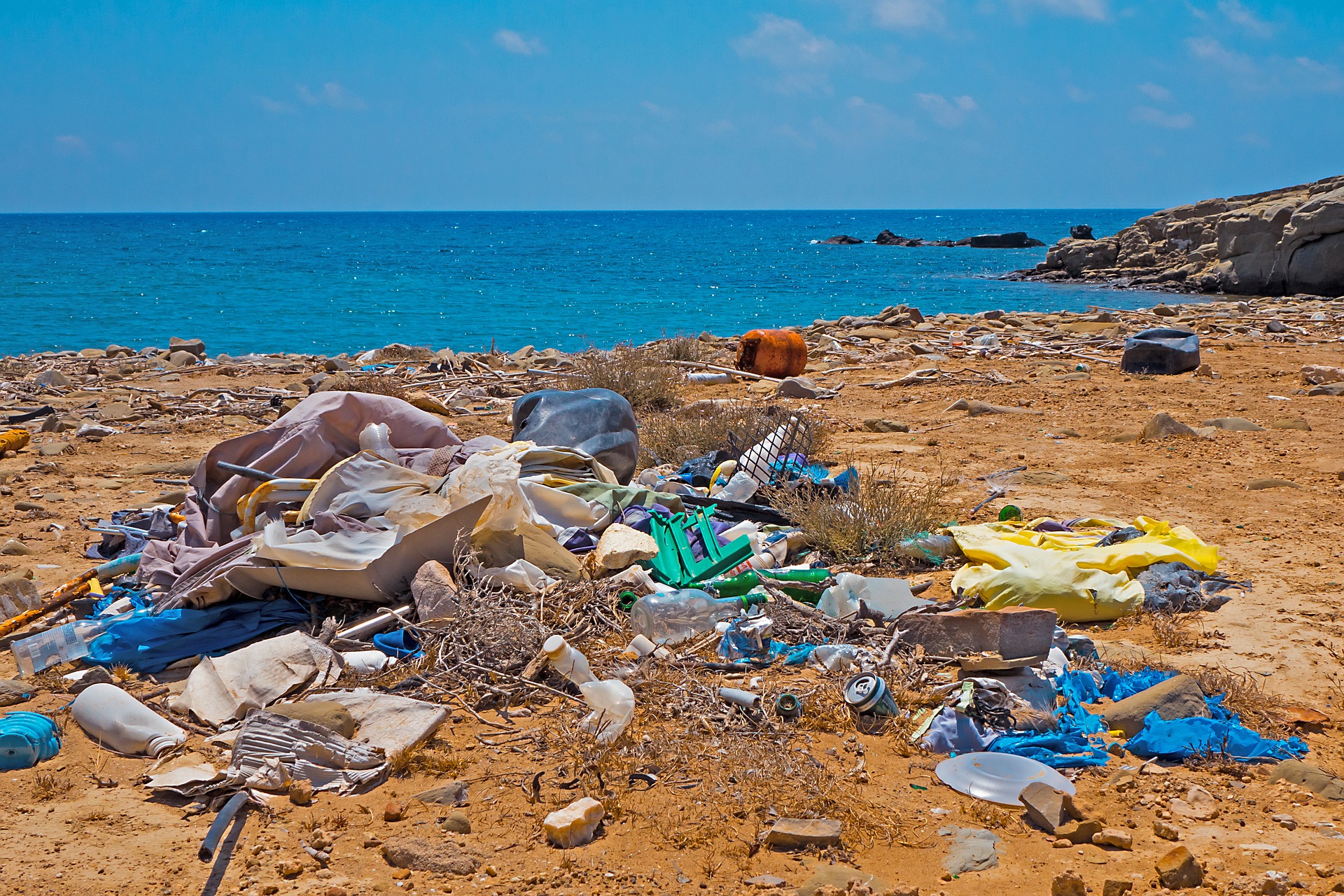Save our oceans, secure our future
February 7th, 2019
Human life depends on healthy oceans writes Daniel Olajuyigbe, a 17 year old correspondent from Ekiti State, Nigeria, who highlights the importance of our oceans. He argues that our oceans are in danger, and calls for more action to save them.
We may not realize it but whether we’re showering in the bathroom, flushing the toilet, freezing food items, drinking water or breathing, we are only able to do these things because of our oceans. Every human society in the world depends on the oceans to live. Without our oceans, we would simply have no future.
The oceans of the earth are its largest habitats.The majority of living organisms live in the oceans. These great masses of water in particular areas, do not differ in too many ways from the lakes, rivers, streams and other small water bodies in the world which actually originate from the oceans.
Apart from being an unending source of water on the earth, the oceans are also one of the most beautiful and fascinating areas on the planet. The clear crystal water, the light blue pigment and the ripples, tides and waves all contribute to their mystery and beauty. We can gaze at the oceans for hours and forget all about our worries and problems.
A popular quote by Sylvia Earle says that ‘with every drop of water you drink, every breath you take, you’re connected to the sea, no matter where on earth you live’. This emphasizes how important the oceans are to our daily living.
Firstly and most importantly, the oceans provide oxygen for us to breathe and without them there would be shortage of oxygen here on earth which would make the earth no longer habitable for us. The earth is the only planet that has oceans all over it, as the oceans cover a total of seventy one percent of the earth’s surface.
There are countless other roles that the oceans play in the world that benefit humans. Over ninety percent of international trade activities employ our oceans as their conduit to transport goods from one place to another. Additionally, our oceans contain valuable natural resources like oil, natural gas and minerals. They also serve as home to diverse plant and animal species that cannot survive on land, and these bodies of water serve up plenty of seafood for our nourishment.
Despite the importance of our oceans to our survival, every single day our oceans are being severely polluted and exploited, leading to deterioration and depletion of this vital resource. We no longer care about the welfare of the oceans, instead all we care about is how to make money from them.Thousands of industries worldwide dangerously exploit valuable mineral deposits in the sea beds. Meanwhile plastic items, which are non-biodegradable, other pollutants from household and industrial waste, sewage, oil spillage, fertilizers, herbicides, and pesticides all contribute to the destruction of our oceans. What is also concerning is that researchers have discovered that our oceans are quickly losing their self-cleansing ability and believe that soon there might be no remedy for our destructive actions.
Our oceans are in danger and need dedicated individuals to stand up and fight for them today. Several world organizations like UNESCO, the European Union, the G7 and the Federal Ministry of Education and Research (BMBF) are playing key roles in research, advocacy and policy development. Some of the initiatives to protect our oceans include the Joint Programming Initiative on Healthy and Productive Seas and Oceans (JPI Oceans, the International Ocean Governance Agenda and and the Marine Protected Areas (MPA).
Greater public enlightenment and sensitization are required so that each person understands more about our oceans and how they can help to secure them.If we all work together, we can make a difference in the bid to save our oceans, because no oceans, no future.
Photo credit: Pixabay ( Creative commons license)
About me: My name is Daniel Olajuyigbe, and I am a first year student of Federal University of Technology, Akure, Nigeria studying Electrical and Electronics Engineering. I love writing articles and making public speech. I aspire to become a high flyer in my field and leader in the future having developed leadership skills over the years. My dream is to become not just an Engineer but also an influential person in the world who causes changes for a fairer future.
………………………………………………………………………………………………………………
Opinions expressed in this article are those of the author and do not necessarily represent the views of the Commonwealth Youth Programme. Articles are published in a spirit of dialogue, respect and understanding. If you disagree, why not submit a response?
To learn more about becoming a Commonwealth Correspondent please visit: http://www.yourcommonwealth.org/submit-articles/
…………………………………………………………………………………………………………………






